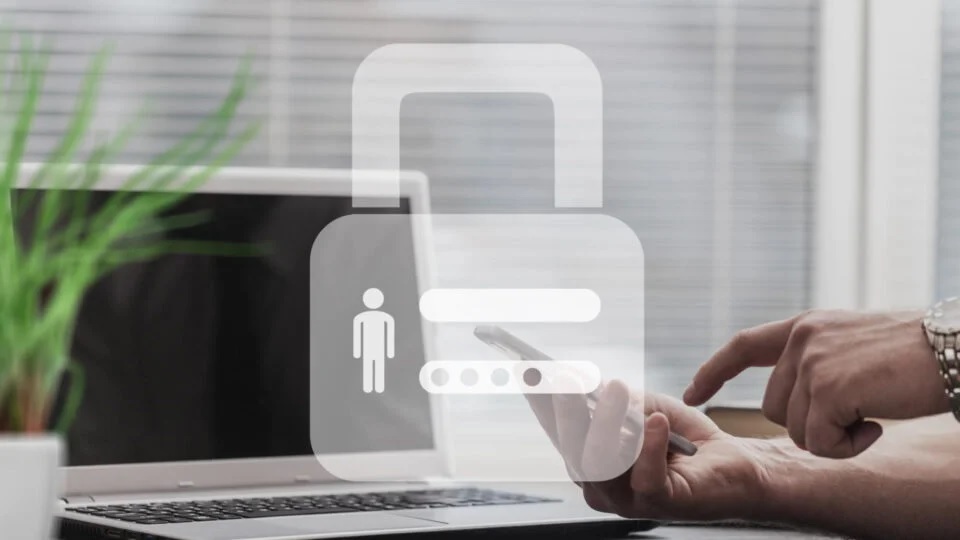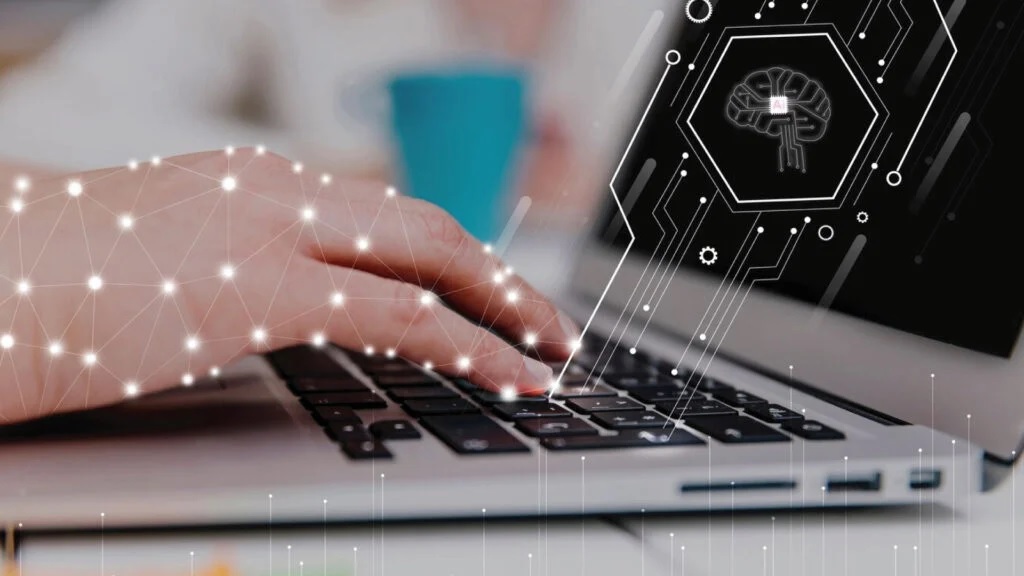In an era where digital security is paramount, the persistent reliance on passwords remains a significant vulnerability for enterprises globally. FIDO 2.0 emerges as a timely solution, reimagining credential authorization using available technologies.
Legacy credential systems, rooted in the Internet 1.0 era, increasingly expose organisations to sophisticated AI-backed cyber threats. The 15% increase in attacks against Indian organisations, now averaging 2,138 attempts per week, can largely be attributed to these poorly secured credentials. As companies and industries continue to thrive throughout India and the region, security teams benefit from implementing new credential approaches, such as FIDO 2.0 stands from the very implementation of their networks.
Despite CISOs and cybersecurity practitioners’ efforts in network security, advanced authentication implementation, and staff training on cyber hygiene, it still only takes a single breach to bring operations to a halt.
Changing the credentials status quo
Despite diverse authentication methods, the prevalent use of alphanumeric codes for logins continues to compromise organisational security.
Recent years have particularly highlighted these faults in the Asia Pacific region. This has resulted in:
This goes beyond the financial and personal burden put on people as they try to understand if their information is compromised.
In the past, these attacks were successfully conducted by identifying a vulnerability within a system and exploiting it using relevant tactics. However, today companies face two main threats, phishing attacks and device compromise.
Device compromise
Organisations permitting remote work or personal device use face an additional security layer– unfamiliar devices.
IT operators have always struggled to identify and approve all devices on a network– again relying on usernames, passwords, and perhaps some other alphanumeric authentication technique. The danger lies in the possibility that these two-factor authentication methods may also be compromised alongside user credentials.
Adding to the compilation, single sign-on has grown in popularity, but if a user is compromised, so too are their profiles created across all the tools that they have given access to the single point. Even with examples of organisational approved SSO with a secure environment, no matter how secure those APIs and authentications are, if the front door is still secured with a username, password, and alphanumeric authentication then the risk is still ever-present
To Know More, Read Full Article @ https://ai-techpark.com/revolutionizing-security-fido-2-0/
Related Articles -
Spatial Computing Future of Tech
collaborative robots in healthcare
Trending Categories - IOT Wearables & Devices




